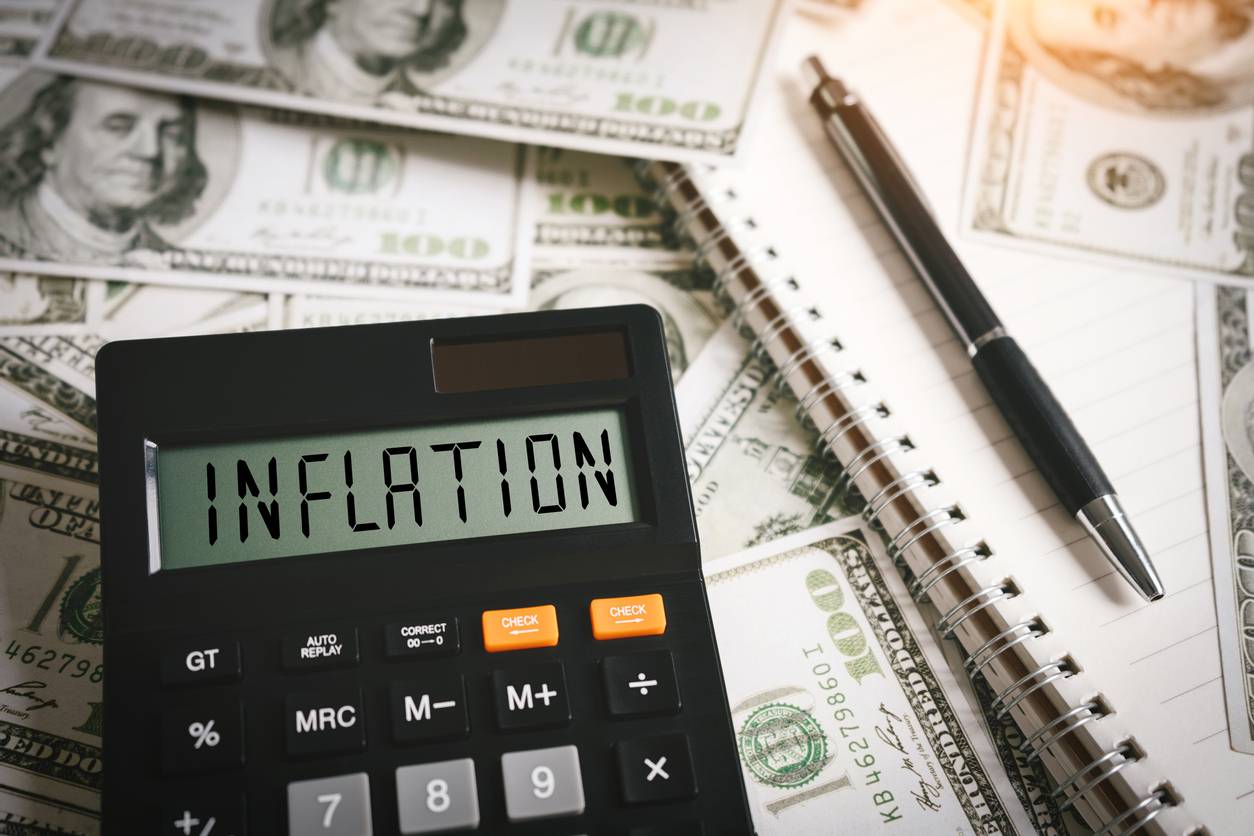While inflation is an unavoidable component of any economy, the swift rise in the prices of essential commodities typically exerts an extra strain on the household budget of common people. With the rising cost of grocery items, bills, and fuel; the cost of living upsurges, leaving individuals feeling financially stressed. As per Scott Tominaga, simply by adjusting the budget and integrating some changes in the strategies, families can beat the trend of rising prices of things without affecting their financial well-being. Here is a guide on how to pass through inflation while ensuring sustaining financial health intact.
1. Reconsider Monthly Expenses
Whenever inflation becomes a concern, one should prioritize budget modification after having a close look at their expense pattern over the last few months. Soaring prices might make individuals it hard to keep up with their old expense habits. The most important areas that need reviewing include categories like food, utilities, and transportation, where prices tend to rise the most.
Food: With grocery prices soaring, consider planning meals around affordable ingredients, buying in bulk, or switching to store-brand items. Meal prepping is a great option that helps individuals avoid impulse buying and equally minimize the wastage of food.
Gas & Transportation: Gas & Transportation: Gas prices can swing dramatically during inflation. Therefore, consider carpooling, taking public transport, or perhaps engaging in a remote job to cut back on commuting expenses.
Utilities: Usually, rates of gas prices are increased by utility providers during inflation. Fight back with mindful energy consumption. Taking some proactive steps such as unplugging appliances, turning off the lights after using them, or lowering the thermostat during colder months can really help.
2. Adjust Spending Habits
When inflation strikes, it becomes imperative to bring a modification in expenditures. This does not mean cutting off fun or leisure entirely; rather, it suggests staying cautious while spending on non-essentials. Look at the following tips:
Limit Luxury Purchases: Do not spend money on purchasing high-end luxury products. This not only helps save cash but also doesn’t put an extra strain on finances.
Deals and Discounts: Search for discounts, utilize coupons, buy in bulk, or use loyalty programs to cut back on expenses while still enjoying the favorites.
Use Cash Envelopes: To control impulsive purchases implement cash envelop strategies by allotting a set cash amount to specific categories (like dining or enjoyment) and stop spending when it runs out of money.
3. Prioritize Savings and Emergency Fund
Establishing an emergency fund, consisting of three to six months’ worth of living expenses, is a priority for securing one’s economic future in times of inflation. Moreover, investment options should also be reviewed and potentially revised by considering real estate, inflation-proof bonds, or things that perform well during inflation, says Scott Tominaga.
4. Look For Extra Income Sources
If trimming costs is not enough to keep up with inflation, maybe it is time to look for ways to earn extra income. Providing tuition, doing freelance work, or any part-time job can aid in financial relief. Also, requesting a promotional opportunity or doing overtime may be worth pursuing.
Last but not least, Inflation can disrupt financial conditions, so it’s important for individuals to regularly review and adjust their budgets. People should look for areas where further cutback is possible while staying focused on savings, debt repayment, and essentials only.


